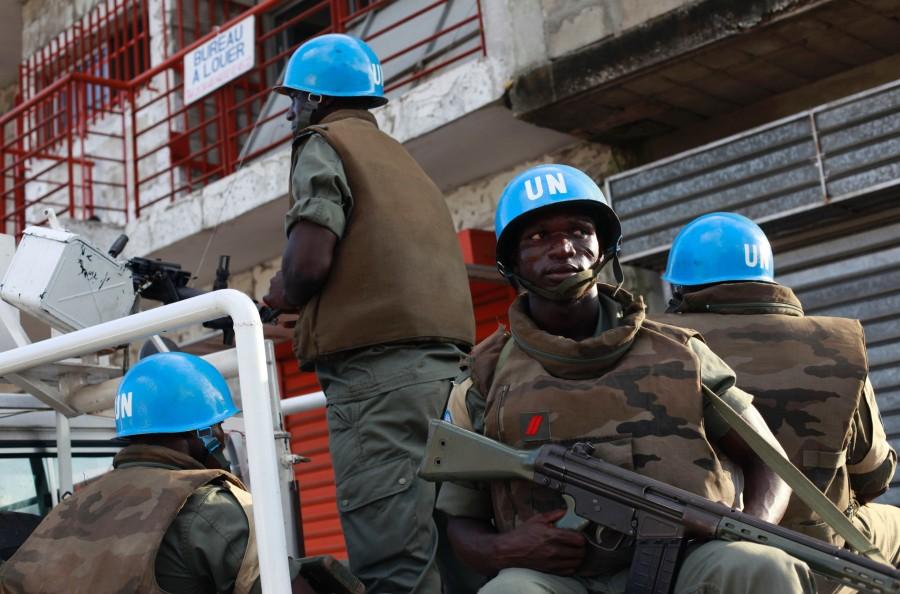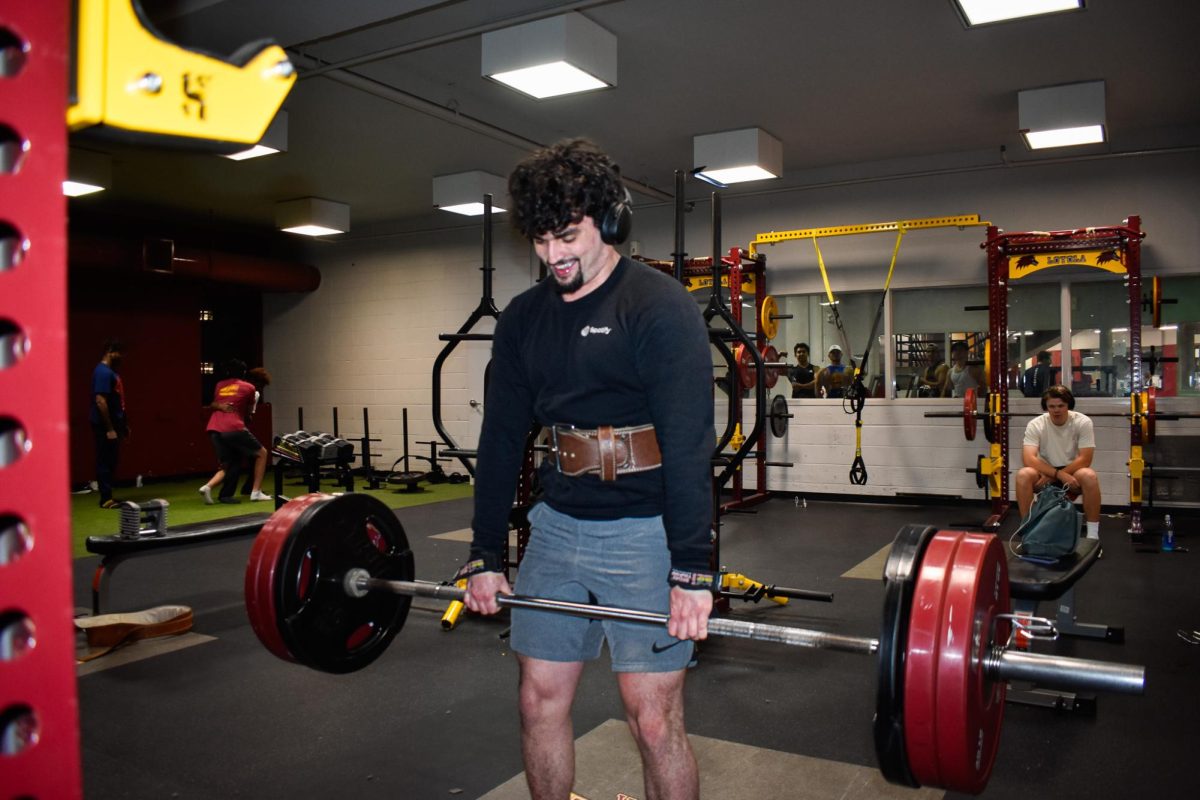ABIDJAN, Ivory Coast (AP) — The head of Ivory Coast’s electoral commission says final results from the country’s presidential runoff indicate opposition leader Alassane Ouattara has won the vote.
Election commission chief Youssouf Bakayoko said Thursday that Ouattara won with 54.1 percent of the vote, compared to 45.9 percent for incumbent Laurent Gbagbo.
The results, released one day later than constitutionally mandated, must be certified by the nation’s constitutional council.
Millions have hoped the vote, which international observers declared free and fair, will restore stability to Ivory Coast, the world’s top cocoa producer.
THIS IS A BREAKING NEWS UPDATE. Check back soon for further information. AP’s earlier story is below.
ABIDJAN, Ivory Coast (AP) — Military policemen killed four people at an office of the opposition presidential candidate, authorities said Thursday as Ivory Coast tensely waited for the release of election results that are being blocked by the president’s followers.
Police were responding to a call at the office when they say they were fired upon, Col. Hilaire Babri Gohourou said. The police responded with fire, killing four people and injuring 14 others. Nine people were arrested, he said.
The opposition coalition denied any weapons were on the premises. Coulibaly Diomande, the local security chief for Alassane Ouattara’s opposition party, said the attackers fired first.
The violence was the latest sign of trouble following Sunday’s presidential runoff vote in the world’s top cocoa producer. The initial election in October was the West African country’s first in a decade. A brief civil war in 2002-2003 split the country in two, leaving the northern half in the hands of rebels sympathetic to Ouattara. They have yet to disarm.
Three witnesses described assailants wearing military police uniforms and black masks surrounding the opposition office in the Abidjan district of Yopougon and then opening fire on those gathered inside. Security guard Abdoulaye Bamba said one of the attackers shouted, “You want to take the power!” amid the violence.
Hours later, a separate group attacked President Laurent Gbagbo’s campaign headquarters in Yopougon, wounding two people, state television reported. The assailants set a car and a motorcycle alight and smashed computers, ripped papers and turned chairs upside down.
Gbagbo’s mandate expired five years ago and Ouattara’s party accuses the incumbent president of trying to steal the long-awaited ballot.
Gbagbo loyalists, apparently fearing they don’t have enough votes for victory, have prevented the commission from announcing results from Sunday’s runoff vote, saying tallies from at least four of the country’s 19 regions should be canceled.
On Thursday, commission members said they were still preparing to issue results later in the day, even though their official mandate to do so had expired.
The vote, which international observers declared free and fair, was expected to restore stability to Ivory Coast, the world’s top cocoa producer. But the longer the results are delayed, the more the uncertainty grows. U.N. High Commissioner for Human Rights Navi Pillay has expressed “deep concern.”
On Thursday morning, traffic was unusually scant in the normally bustling lagoon-side city of Abidjan as residents were too nervous to leave home. Security forces have beefed up their presence. Pickup trucks with machine guns mounted on their beds and small tanks took up positions on the main arteries Wednesday night.
Ivory Coast has been under curfew since last Saturday night. Gbagbo extended it by another five days on Wednesday.
The country’s electoral code says the commission has three days to issue provisional results to the constitutional court — but it doesn’t stipulate whether they must be made public. The council then has seven days to consider appeals before making those results official.
The Ivorian constitution states that under extraordinary circumstances the council — whose president Paul Yao N’Dreo is a member of Gbagbo’s ruling party — has 24 hours to decide if the electoral process should be stopped.
“Authority now passes to the constitutional council,” said Alain Mosso, 48, a law professor at the University of Bouake. “The council decides which results to announce and which results to throw out.”
A 2007 peace deal led to the dismantlement of a U.N.-patrolled buffer zone that had marked the divide between Ivory Coast’s rebel-held north and the loyalist south.
Pillay warned late Wednesday that the country’s leaders “may be held accountable for any violence committed in their name” and said that given the tense situation, the two candidates and their supporters must “refrain from statements that incite violence, and from any course of action designed to deprive the people … of their right to democracy.”
Gbagbo, whose five-year mandate officially expired in 2005, has stayed in office while claiming elections were impossible because of the 2002-2003 war. Disputes over who would be allowed on voter rolls — more than one-third of the population are economic migrants from neighboring countries — fueled the delays.
Gbagbo led the first round of voting in October with 38 percent to Ouattara’s 32 percent. Ouattara then won the endorsement of the third-place contestant who received 25 percent.
___
Associated Press photographer Rebecca Blackwell in Abidjan and AP writer Frank Jordans in Geneva contributed to this report.
Copyright 2010 The Associated Press.








